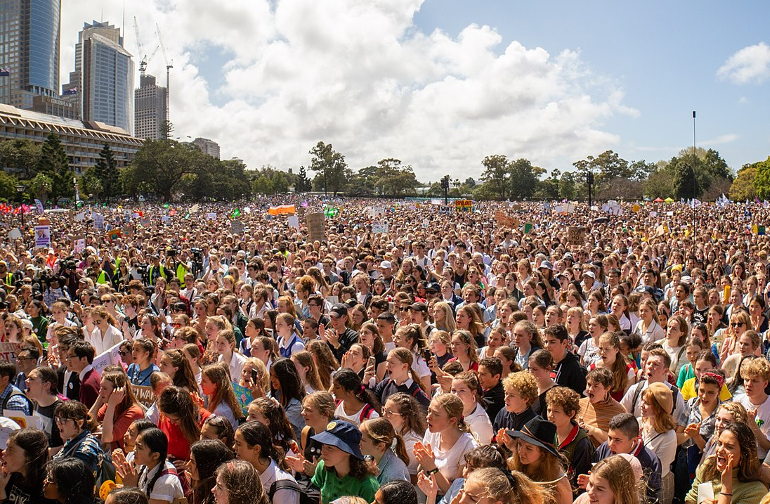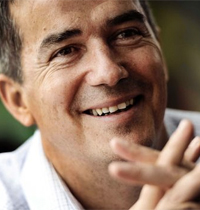The climate strikes over the coming weeks will focus a great deal of attention on government and the urgent need for policy action. Rightly so. But it’s also a good time to reflect on the bigger context, as this is not anything like protests of the past. There has in fact, never been a point like this in all of human history.
I called this column ‘choosing extinction’ because that is the path we are on today. There is considerable debate whether that extinction applies to us humans, or ‘just’ to millions of other species. But either way a mass extinction event is on the way, unless we choose to stop it.
What we now know, is that we are facing a time sensitive, existential risk. Failing to respond adequately, could commit humanity to widespread misery for hundreds and possibly thousands of years. It could literally change the course of evolution and human history.
We are well advised on the risks and they are clear and material. Not certain, but nor unlikely. The evidence is very clear and it tells us:
- The scale and level of risk — it threatens civilisation;
- The scale of change required — the transformation of the global economy; and
- The speed with which this transformation must be delivered — largely within a decade.
What this means is we have been warned of an imminent danger. Not just a danger to our prosperity or our level of progress but a danger to the very existence of organised civilisation. We know how to fix this and we know we can afford to do so.
Now it’s time to decide.
To decide whether humanity will continue on its long social, cultural and economic path of exploring and fulfilling our potential. Whether to find out what we are capable of.
To decide how many of the world’s 8.7 million species we will allow to live and continue on their evolutionary path. And how many species we will choose to destroy, presumably never to come back. Perhaps including our own.
We know all this. Yet we sit idly by, as the evidence mounts and the risks get greater, paralysed in various ways by ignorance, despair, delusion and fear. There should be no surprise in this, it is the path we have always taken in response to existential risk, even at smaller scale like WWII, which continues to be the closest analogy.
The big difference in this case however, is that the existential risk applies to our whole planetary civilisation. With this, there is no historical parallel. Not since the dinosaurs. But unlike the dinosaurs, we are consciously aware of the risks, we fully understand them, and we can choose to address them.
We know exactly what we need to do. We cannot be certain of success if we act, but we can be pretty certain of catastrophe if we don’t.
Some argue it is hopeless, that there is no chance of success. In war this attitude would be considered treason – aiding and abetting the enemy. Such people have nothing to contribute on this topic, except to serve the interests of today’s ‘enemy’ – those who resist and delay change. They should cease all public comment and keep to themselves.
Some argue we may not succeed, that we may have left it too late. They are correct, we may have. But there is no evidence – nor can there be ahead of time – that we have done so. There is, therefore, no reason for this possibility to influence our decisions or actions today. There will be a future – our kids will live in it. We get to choose what it will be like.
What we have to do now is simple. We have to decide – do we choose extinction? Or do we choose to fight it? To rebel against it. To stand in its way.
To do all we can possibly do, to get humanity on a different path.
That is our choice. And each and every one of us now gets to decide. That’s why we’re in the streets. That’s why this matters…..like never before.
Teaser photo credit: By Marcus Coblyn






